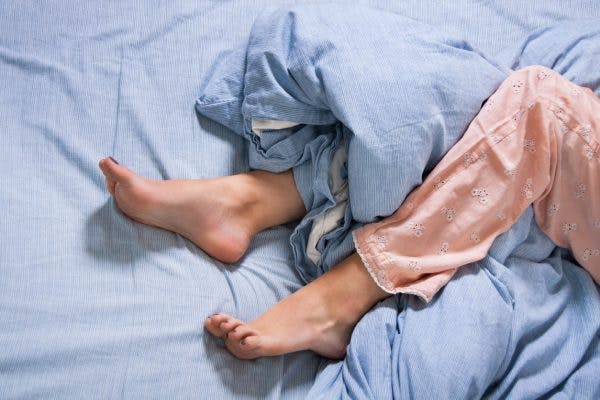
Restless Leg Syndrome After Stroke: Causes, Symptoms and Treatment
Restless leg syndrome after stroke can lead to insomnia and affect your quality of life. Therefore, treatment is often desirable for many patients. But where

Restless leg syndrome after stroke can lead to insomnia and affect your quality of life. Therefore, treatment is often desirable for many patients. But where
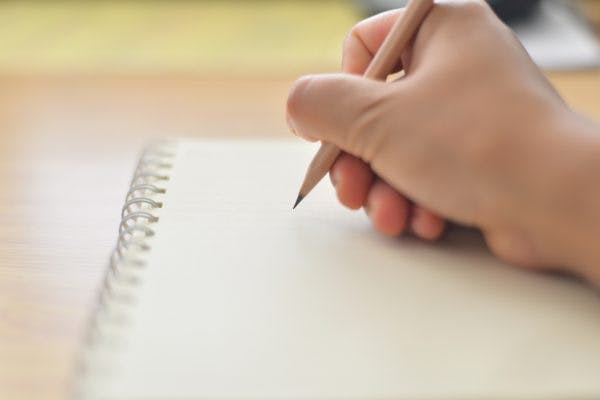
The inability to write after a stroke is called agraphia. It’s primarily caused by impaired motor control in the hand (peripheral agraphia) or disrupted language processing
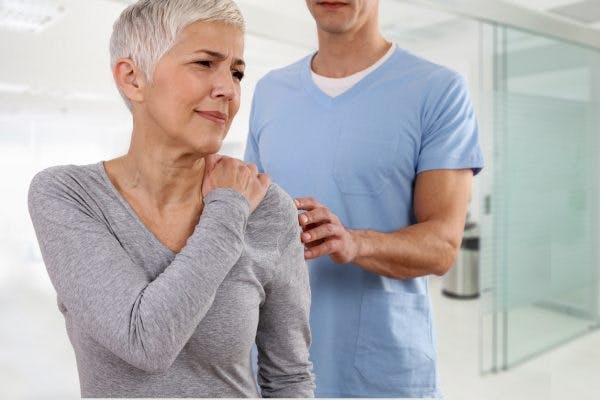
Have you ever felt alarmed by muscle twitching after stroke and wondered what caused it? Sometimes muscle twitching is a sign of spasticity, but it
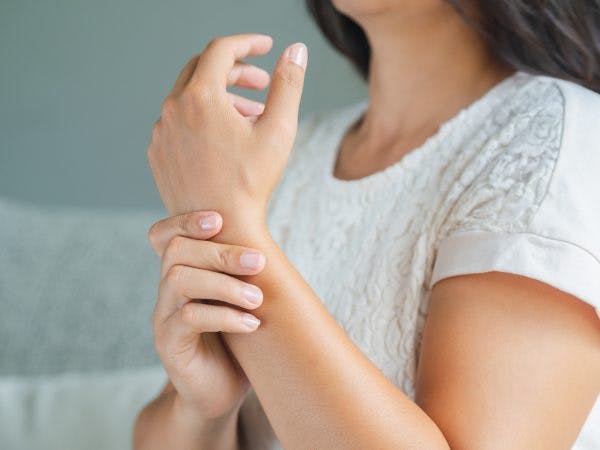
A swollen arm after stroke can lead to discomfort, pain, and difficulty with completing daily activities. Although arm and hand swelling may affect many stroke
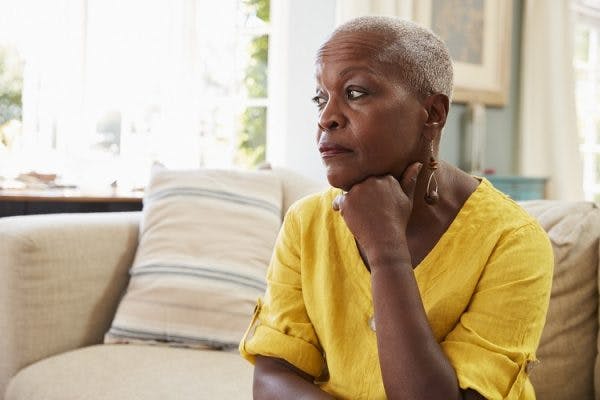
Incontinence after stroke is relatively common, affecting nearly half of all acute stroke survivors. This is because a stroke can alter the ability to effectively
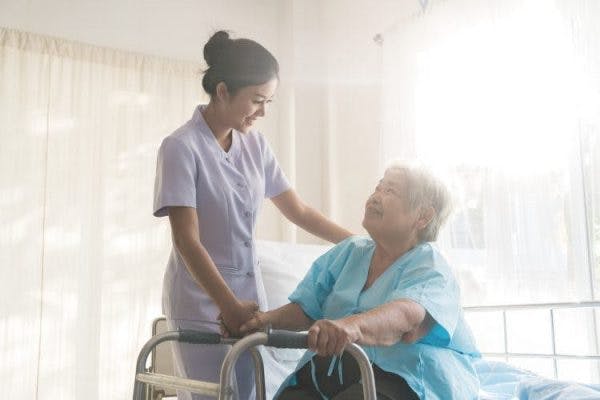
A stroke is medical emergency that impacts the supply of blood in the brain. With appropriate and timely medical treatment, the individual’s life is often
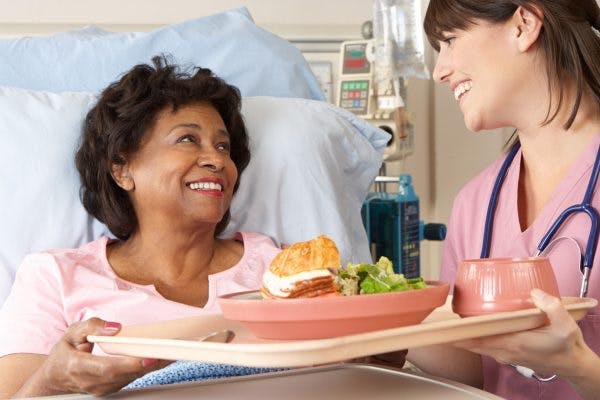
Over 40% of individuals struggle with swallowing or can’t swallow after stroke due to a condition known as dysphagia. Caused by difficulty controlling the oral
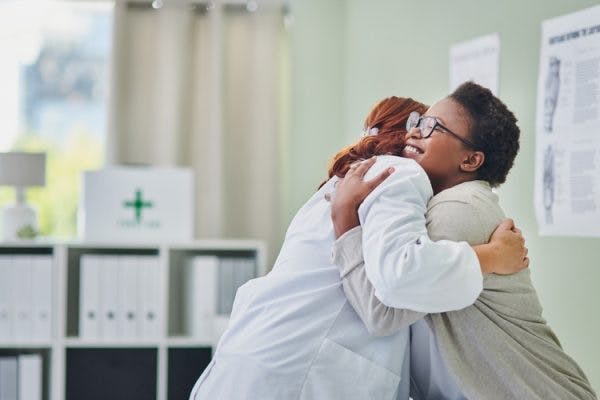
Anger after stroke can occur for many reasons. Changes in emotional regulation after stroke may occur due to altered brain chemistry or as a result
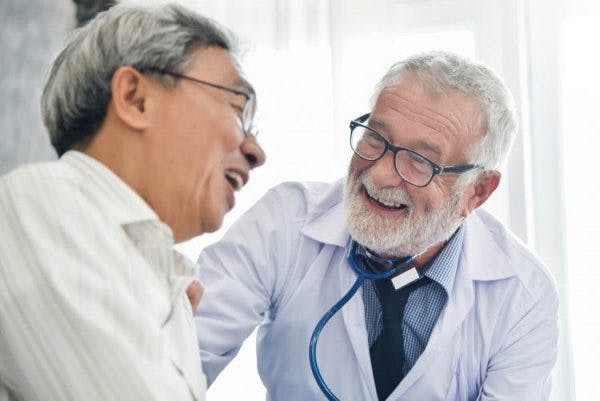
Over half of all stroke survivors experience a stroke affecting speech. When a stroke affects speech or language, it can impact the ability to communicate

Uncontrollable emotional outbursts are common after stroke and are often attributed to a condition known as pseudobulbar affect. This secondary effect of stroke leads to extreme

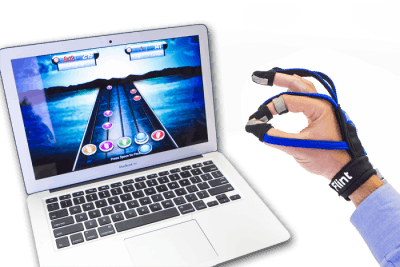
Take the first step towards recovery.